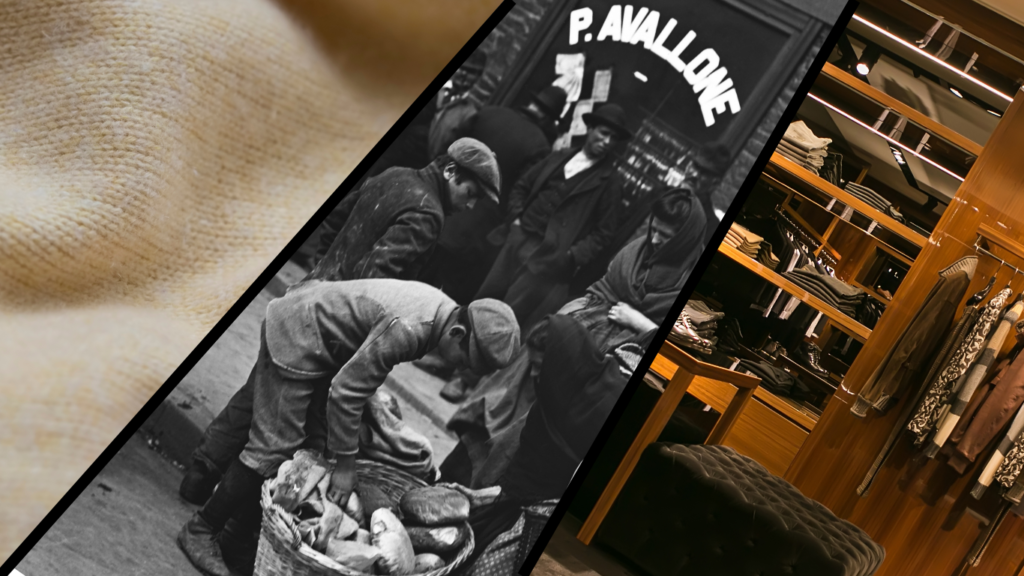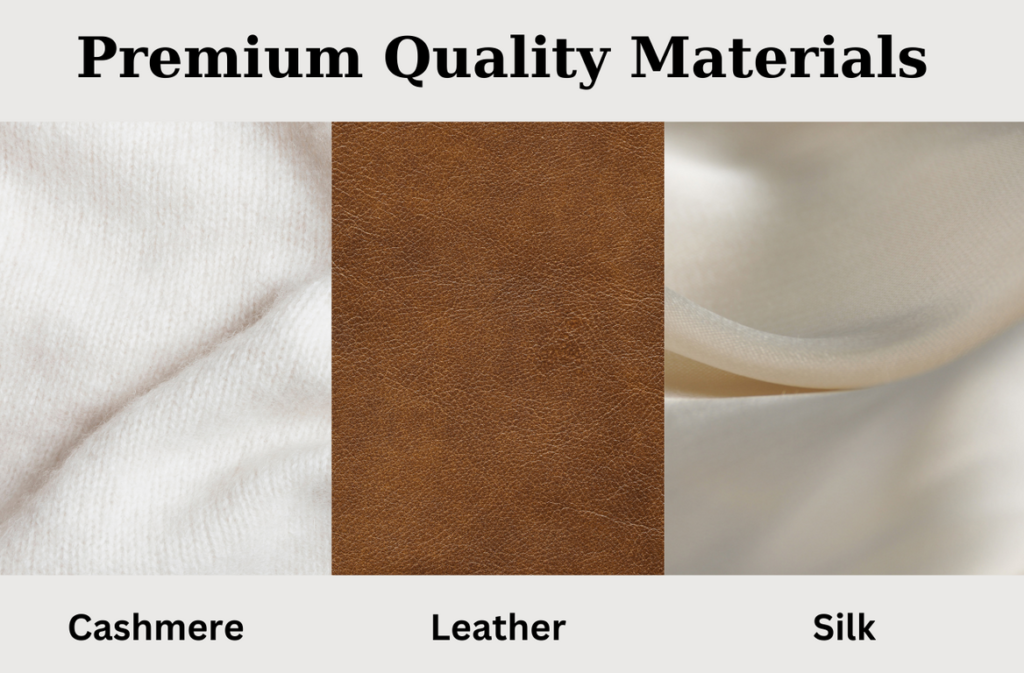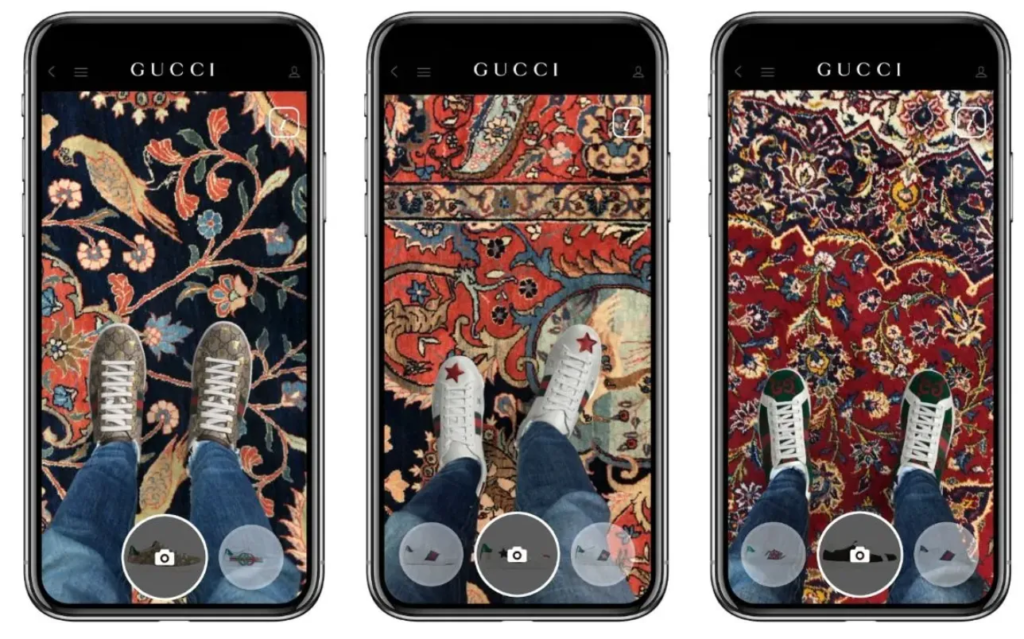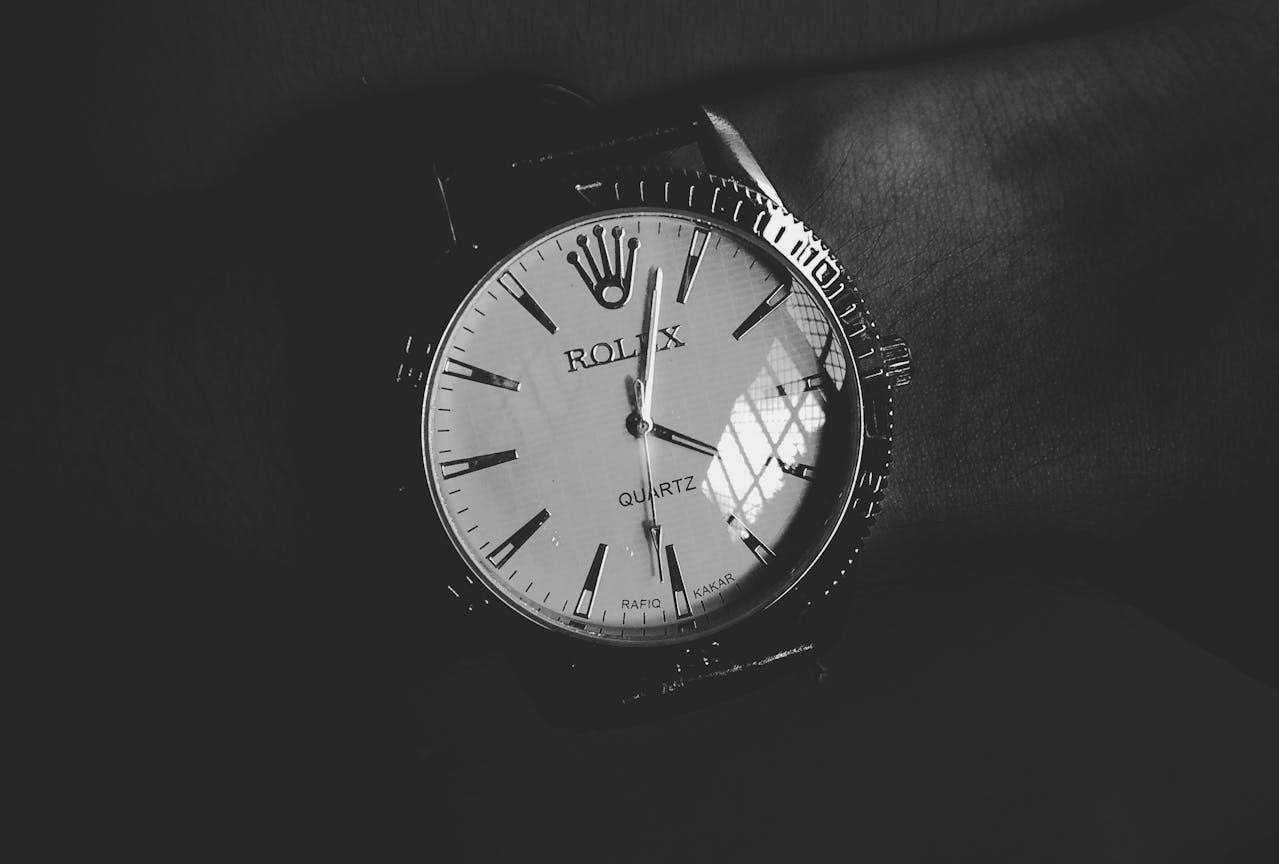Luxury brand marketing is alot different from traditional marketing, focusing on exclusivity, high quality, and a feeling of luxury and prestige for the buyer. This article explores how luxury brands craft their luxurious identity, cultivate unique customer experiences, and how they market themselves online.
Table of Contents
What is Luxury Brand Marketing?
Luxury brand marketing is a approach where you promote and sell products or services that are considered luxurious, exclusive, and high value. This type of marketing is different from traditional marketing strategies because of the unique characteristics of luxury brands and their target consumers.
Some of the main differences may be:
Focus on Brand Identity
Luxury brand marketing focuses on creating and maintaining a strong brand identity that compared with exclusivity, prestige, and high quality. This is done through storytelling and brand heritage, where the brand uses its history for marketing purposes.

Exclusivity
Luxury brands often limit the availability of their products or services to maintain a sense of exclusivity. This can be achieved through limited editions and high price points. The idea is to create demand through scarcity, increasing the perceived value of the brand.
Rolex and Patek Phillipe are good examples of this. They both have websites but both sites dont include prising and you can only buy the wacthes in a store. This makes the brand seem more exclusive and premium.

High-Quality Standards
The marketing of luxury brands talks about the exceptional quality and craftsmanship of their products or services. Attention to detail, use of high-quality materials, and superior design are highlighted to differentiate luxury products from their mainstream counterparts.

Emotional Connection
Luxury brand marketing seeks to establish a strong emotional bond with consumers, often giving them feelings of prestige and success. This emotional appeal is crucial in justifying the high price point because if it doesn’t make the consumer feel luxurious, why would they pay a luxurious price for it?
Experience over Product
While the quality of the product is important, luxury brand marketing also focuses on the overall customer experience. This includes exceptional customer service, personalized experiences, and creating memorable moments that make the brand seem exclusive.
Leveraging SEO for Luxury Brand Digital Presence
For luxury brands to thrive online without losing their exclusivity, it’s important to understand how to be discoverable yet exclusive. A successful digital strategy is dependent on understanding how search engine algorithms prioritize relevance.
Search engines rank content based on keyword relevance, domain authority, and content quality, among other factors. Luxury brands must optimize their online presence for organic search to attract the right audience.
High net worth individuals often avoid using direct terms like “luxury” in searches, so brands should focus on specific, relevant keywords that potential clients might use.
Challenges and Opportunities in Luxury Brand Marketing
Even well established and exclusive luxury brands face the pressures of global market changes and evolving consumer demands. It’s crucial to understand these challenges and find new opportunities to keep growing and maintain their appeal.
Challenges
1. Economic Fluctuations: Economic downturns and uncertainties, like the cost of living crisis, can impact how much people spending on luxury goods. Brands must adapt during these periods with strategic pricing, product offerings, and marketing to retain consumers.
2. Digital Transformation: When the luxury consumer shifts online, brands face the challenge of making the exclusive and personalized shopping experience digital.
3. Rising Consumer Expectations: Today’s consumers expect more than just high quality products. They also seek sustainability and ethical production. Meeting these expectations requires brands to become more transparent and sustainable.
Opportunities
1. AI Technology for Personalization: Advanced technologies such as artificial intelligence (AI) and augmented reality (AR) provide luxury brands with the tools to create highly personalized and immersive online experiences. Where people can get close to the feel of exclusivity and the feel of in store shopping.
A Good example of a brand using AR is Gucci. Gucci partnered with Snapchat in july 2020 where they launched a global augmented reality shoe campaign where you could “try” the shoes without being near a store. This marketing campaign went really well. You can read more on Gucci’s augmented reality here

2. Sustainability as a Brand Differentiator: Embracing sustainable practices and showcasing commitment to ethical production can serve as a to stand out, attracting a growing segment of environmentally conscious consumers.
3. Tapping into Emerging Markets: With regions like China showing strong recovery and demand for luxury goods, brands have the opportunity to expand their global footprint, catering to new demographics and tastes.
“In the 2021 financial year, according to J.P. Morgan, approximately 30% of total sales for luxury goods companies came from Greater China.”
4. Collaborations and Limited Editions: Social media has become even bigger over the years so collaborations with artists, designers, and even other brands can help uplift the brand image, attracting new customers and create interest in limited-edition products.




